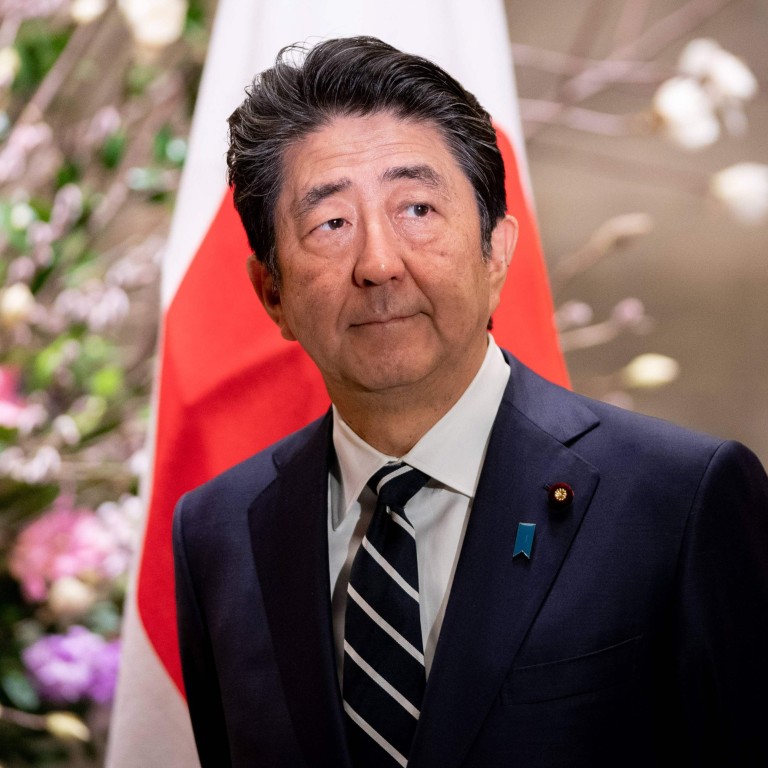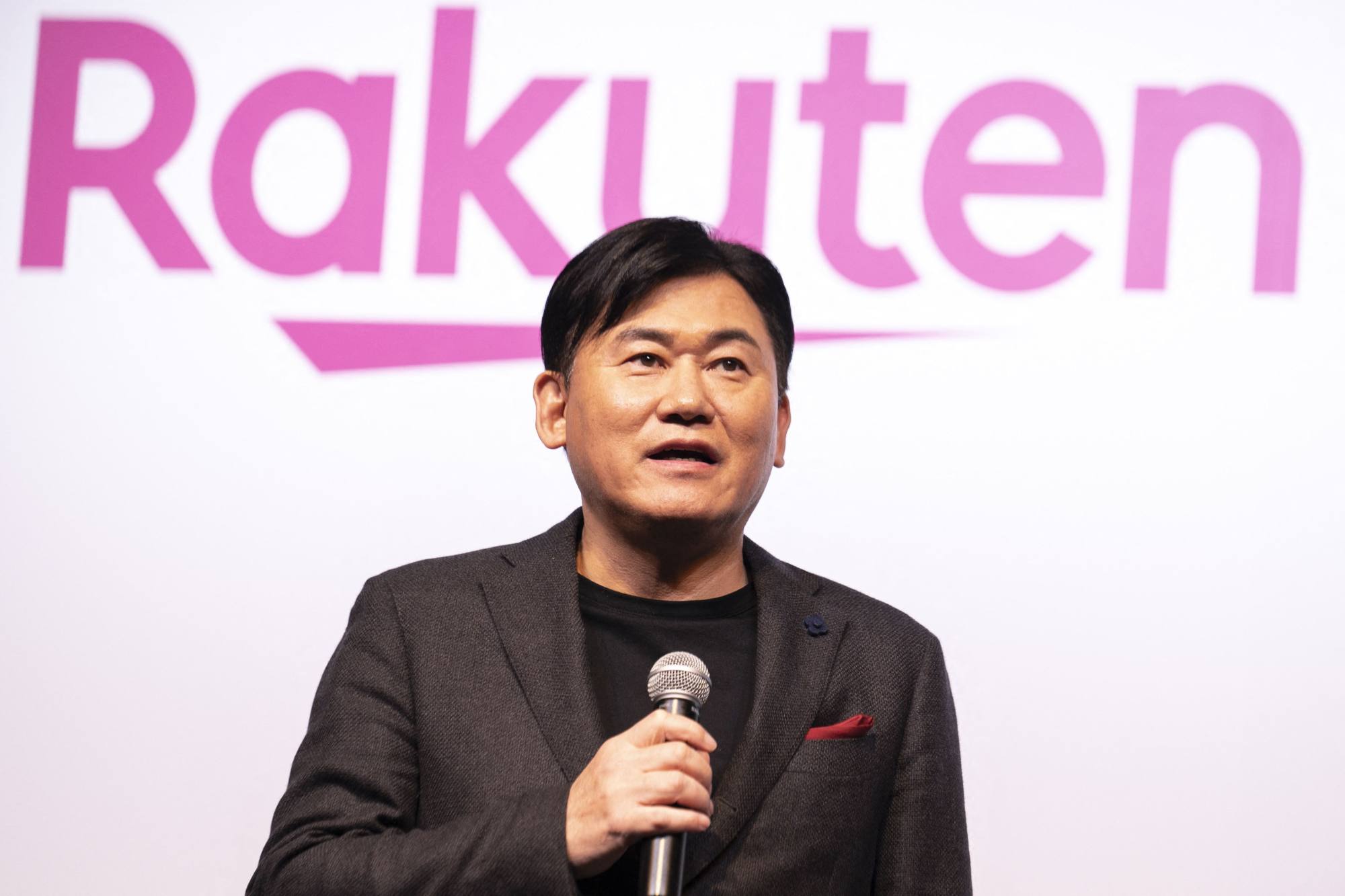
Ukraine crisis: Japan should discuss Nato-like nuclear weapons sharing, Shinzo Abe says
- Nato’s nuclear sharing arrangements let the US keep its nuclear weapons in Europe under its custody
- Abe’s remarks came as foreign ministers of the G7 leading democratic economies were set to meet online on Sunday in an emergency session over the Ukraine crisis
Japan should discuss a possible sharing of nuclear weapons similar to that of Nato members in the wake of the Russian invasion of Ukraine, former Prime Minister Shinzo Abe said on Sunday.
Nato’s nuclear sharing arrangements let the US keep its nuclear weapons in Europe under its custody. “Many people in Japan probably don’t know about the system,” Abe said Sunday on a Fuji Television show.
“Japan should not treat as a taboo discussions on the reality of how the world is kept safe,” said Abe, who oversaw a steady rise in defence spending during his time as premier that ended in 2020.
Abe also said Japan, which had been devastated by atomic bombs in Hiroshima and Nagasaki in the final stages of World War II, would have to maintain its goal of abolishing nuclear weapons.
Hemmed in by a pacifist constitution it adopted after the war, Japan relies heavily on the US “nuclear umbrella” to deter growing regional threats.
“It’s important to make progress toward that goal, but when it comes to how to protect the lives of Japanese citizens and the nation, I think we should conduct discussions by taking various options fully into consideration,” Abe said.
‘Stop war, stop Putin’: Protests around the world in solidarity with Ukraine
Russia’s invasion has prompted broad financial sanctions from major democracies while individuals and organisations across the world have solicited donations to help Ukraine.
The Japanese government has also announced sanctions on Moscow including freezing assets and banning key exports such as semiconductors to organisations related to the Russian.
Abe’s remarks came as foreign ministers of the G7 leading democratic economies were set to meet online on Sunday in an emergency session over the Ukraine crisis.
Japanese Foreign Minister Yoshimasa Hayashi told national broadcaster NHK that Tokyo wanted to reconfirm its cooperation with its other partners in a bid to “improve the situation”.
He called Russia’s invasion of Ukraine “a unilateral attempt to change the status quo by force”.
The Japanese foreign minister said Russia’s actions were “absolutely unacceptable” as they “clearly violate international law”.
What lessons are there for China in Russia’s invasion of Ukraine?
Japan has joined the United States and the Europe Union in imposing sanctions on Russia in the wake of the invasion.
The G7 leading democratic economies consists of the United States, Canada, Britain, France, Germany, Italy and Japan.

Meanwhile, Japanese billionaire Hiroshi “Mickey” Mikitani on Sunday said he would donate US$8.7 million to the government of Ukraine, calling Russia’s invasion “a challenge to democracy”.
The founder of e-commerce giant Rakuten said in a letter addressed to Ukraine’s President Volodymyr Zelensky that the donation of 1 billion yen (US$8.7 million) would go towards “humanitarian activities to help people in Ukraine who are victims of the violence”.
Mikitani said he visited Kyiv in 2019 and met with Zelensky.
“My thoughts are with you and Ukraine people,” Mikitani said in his letter.
“I believe that the trampling of a peaceful and democratic Ukraine by unjustified force is a challenge to democracy,” he wrote. “I sincerely hope that Russia and Ukraine can resolve this issue peacefully and that Ukraine people can have peace again as soon as possible.”
Reporting by Bloomberg, AFP, dpa

